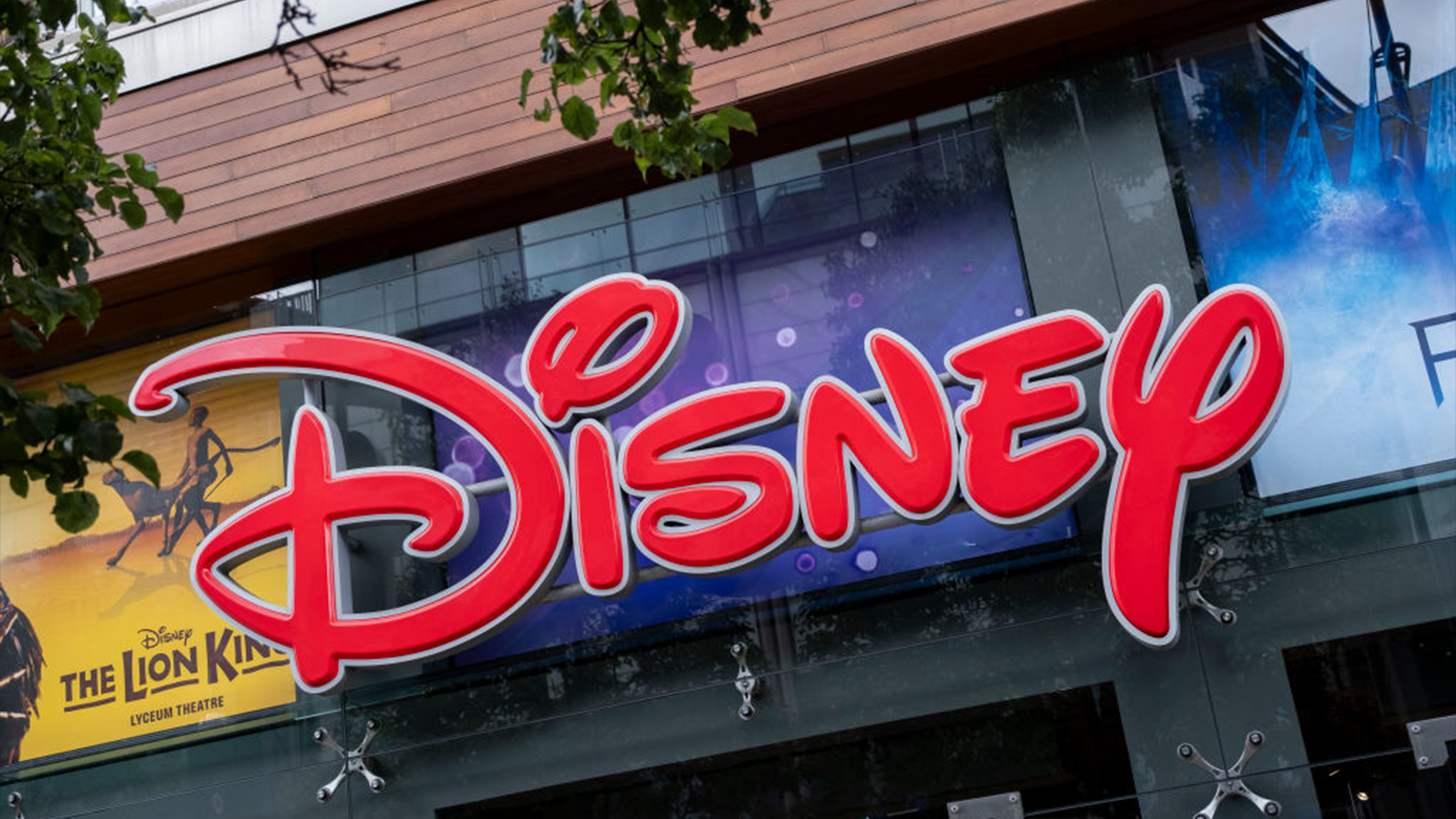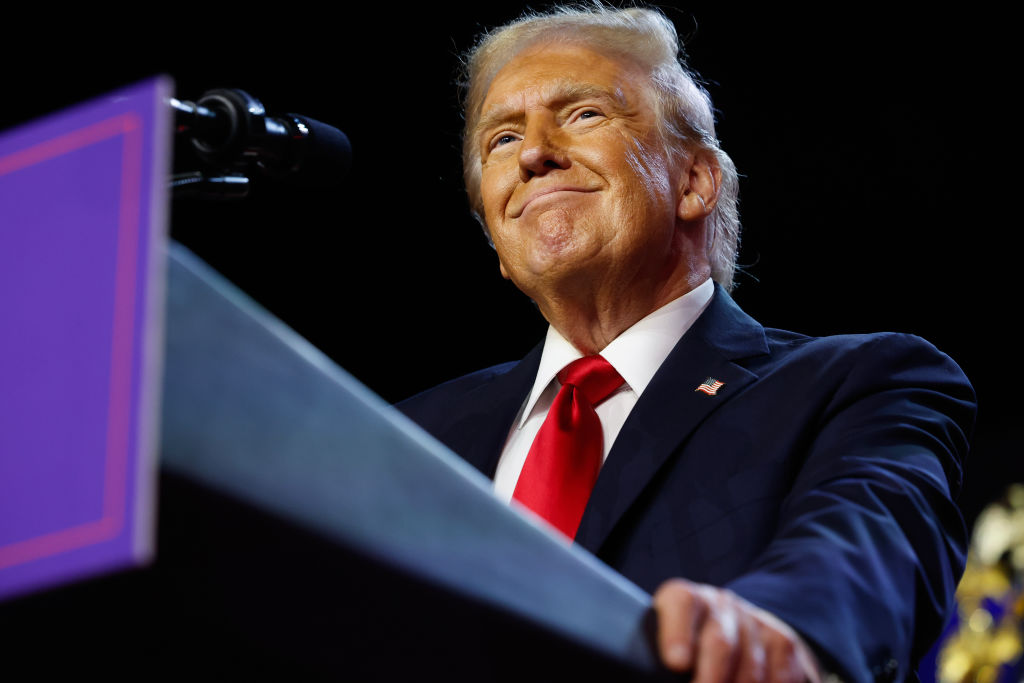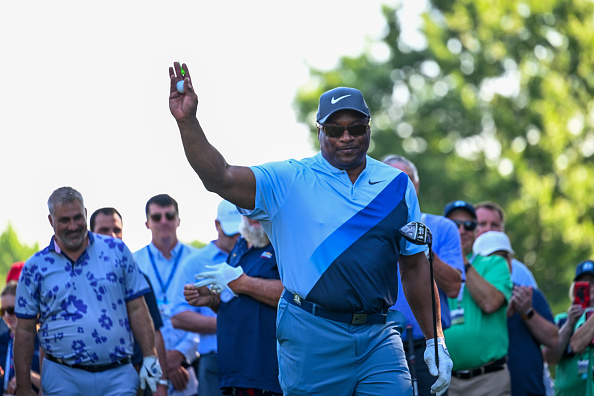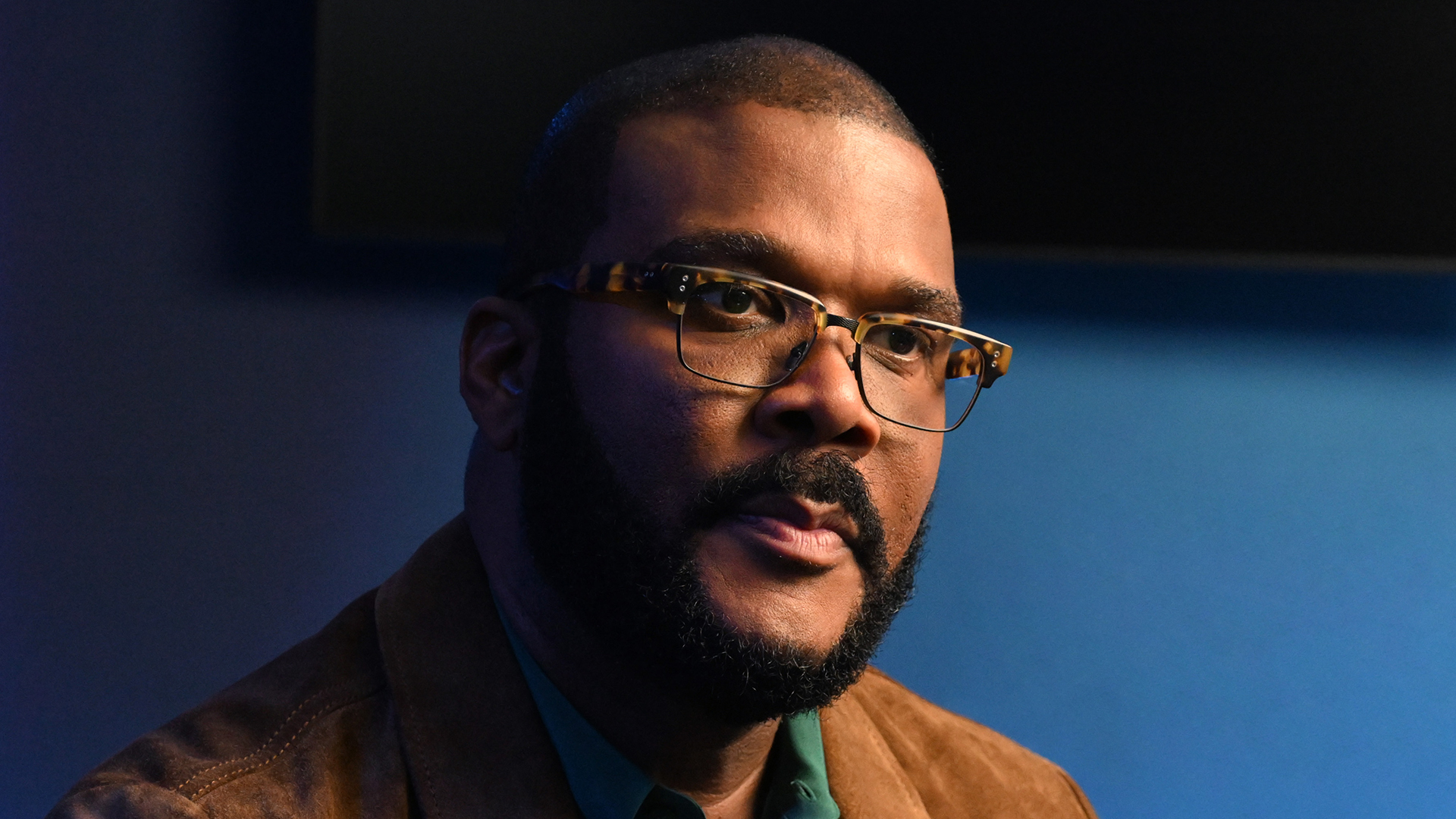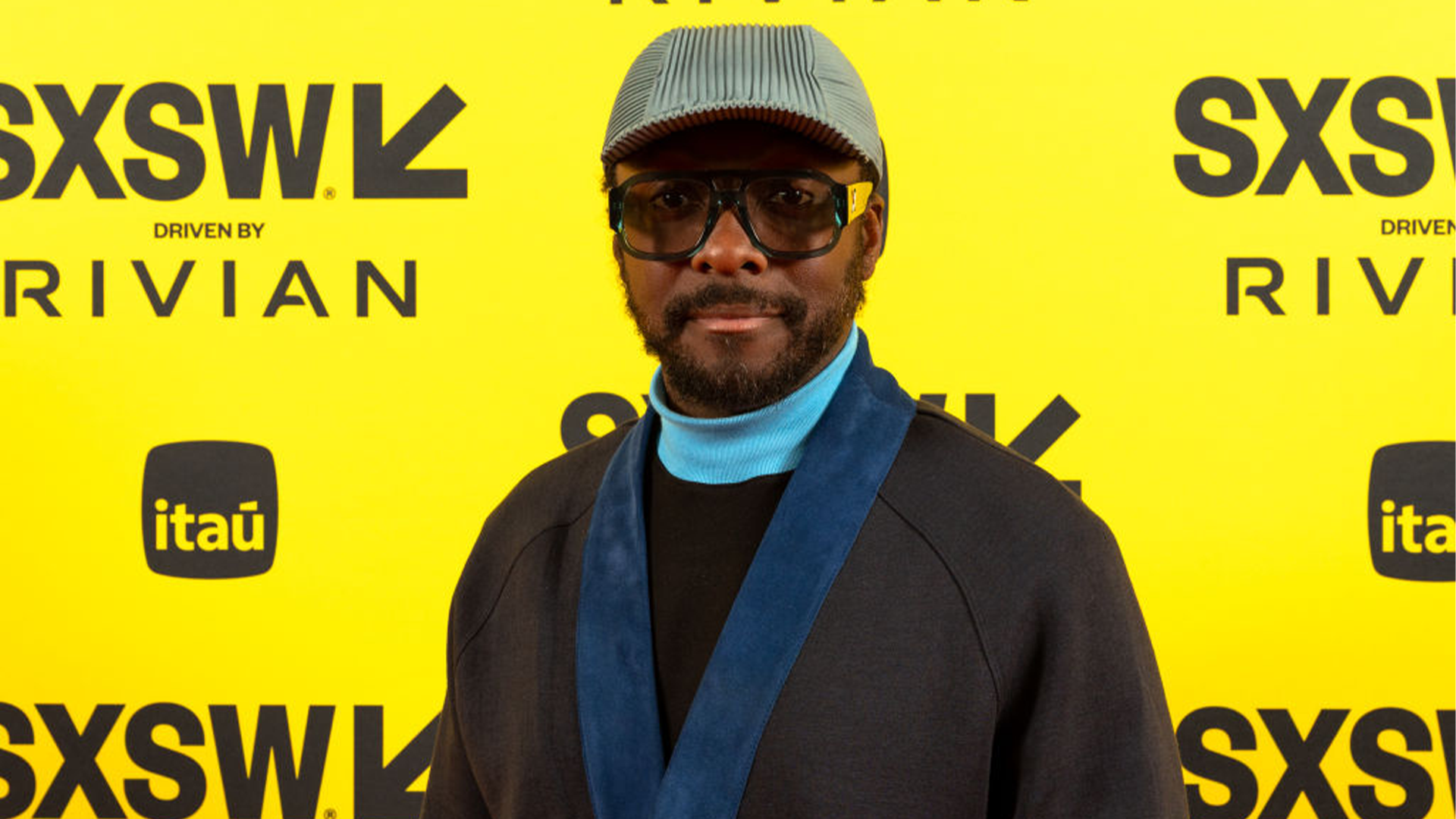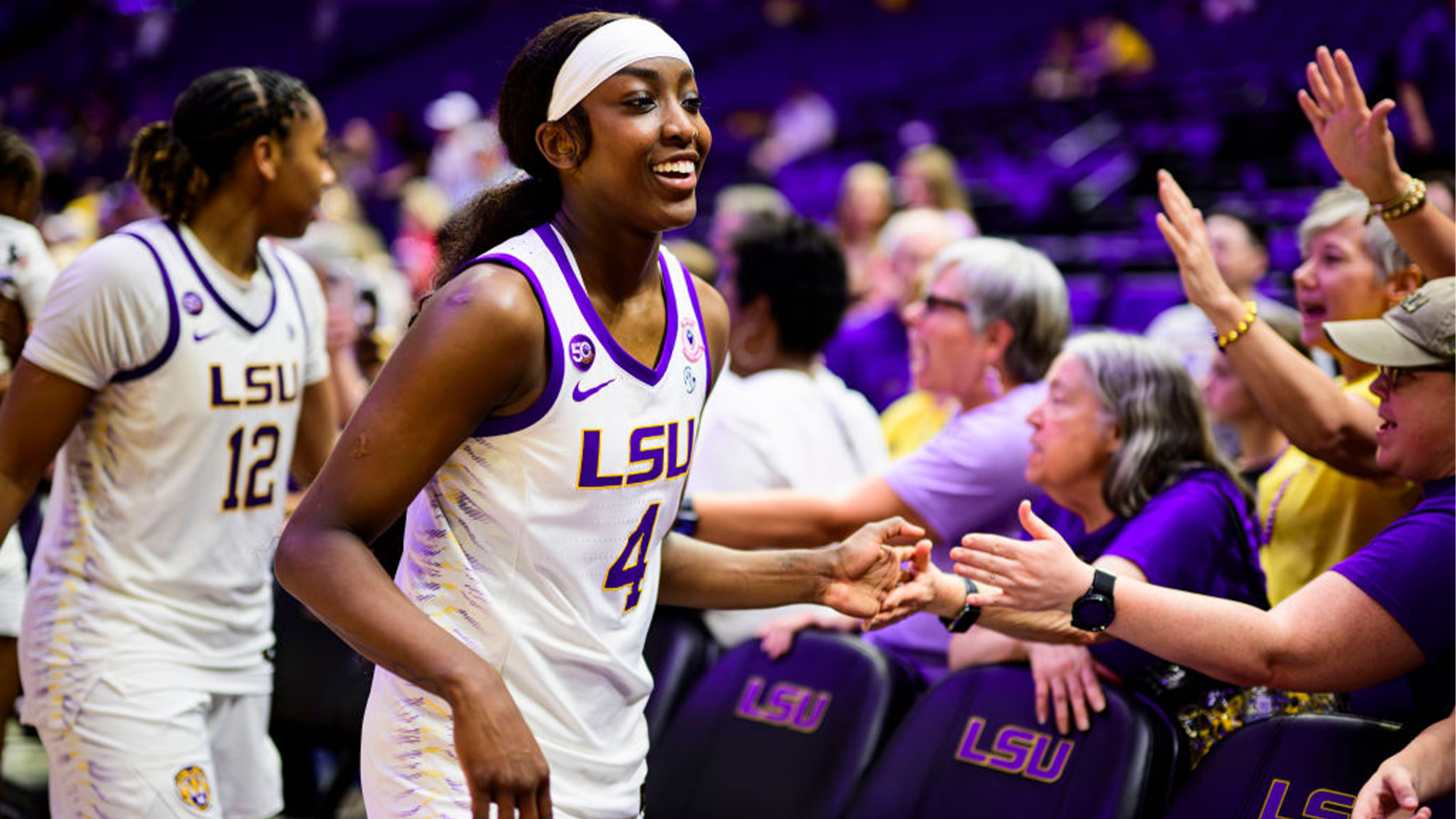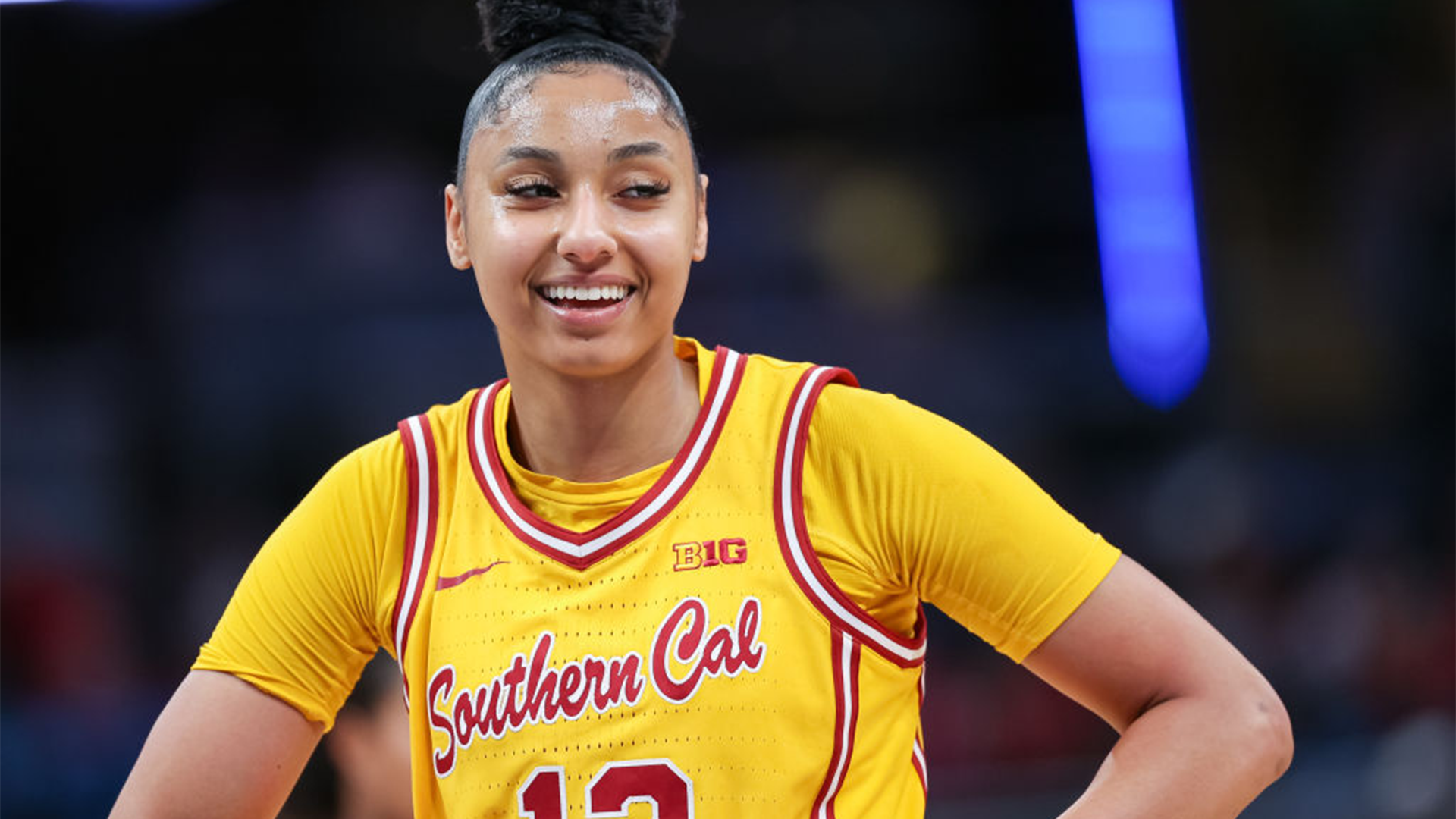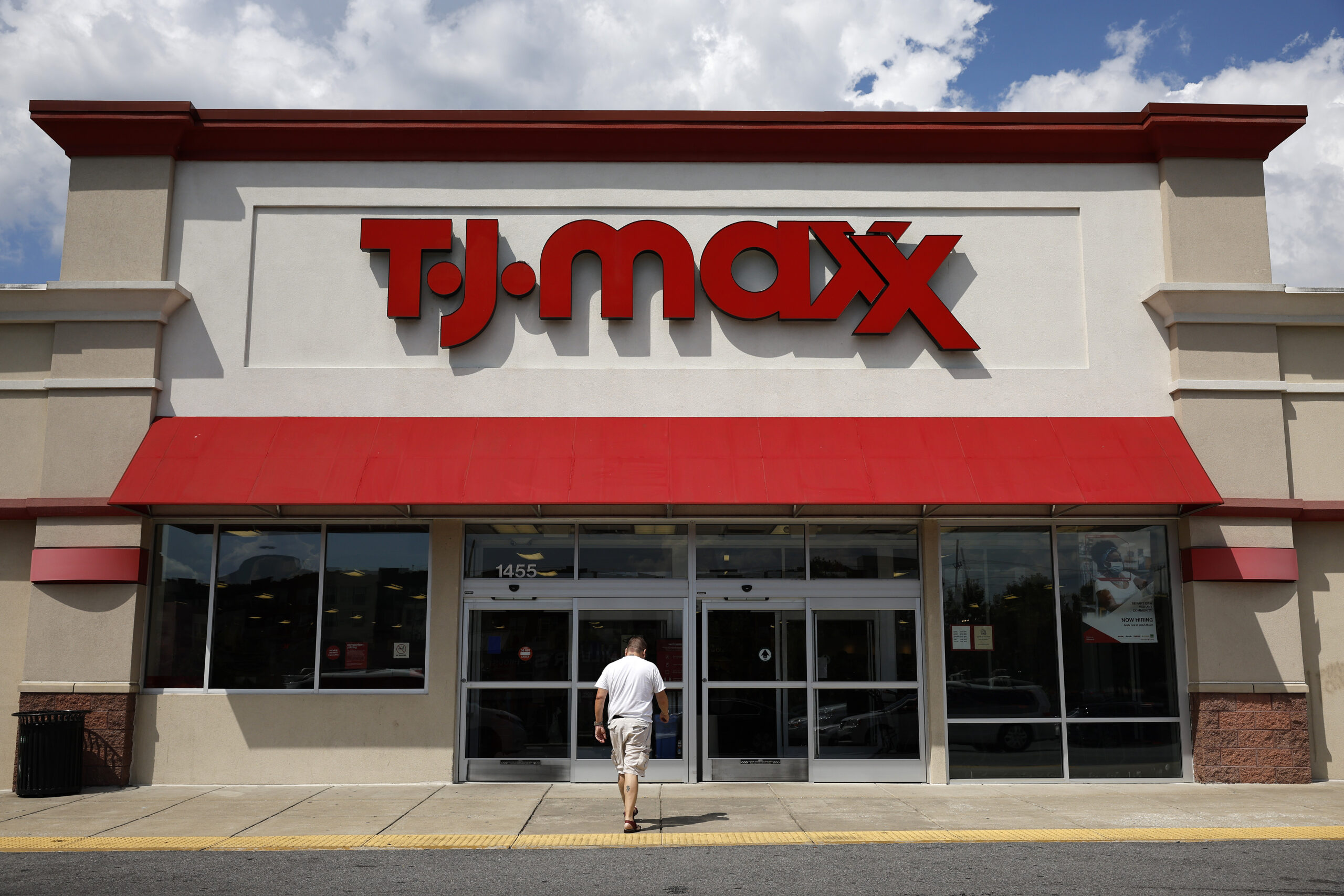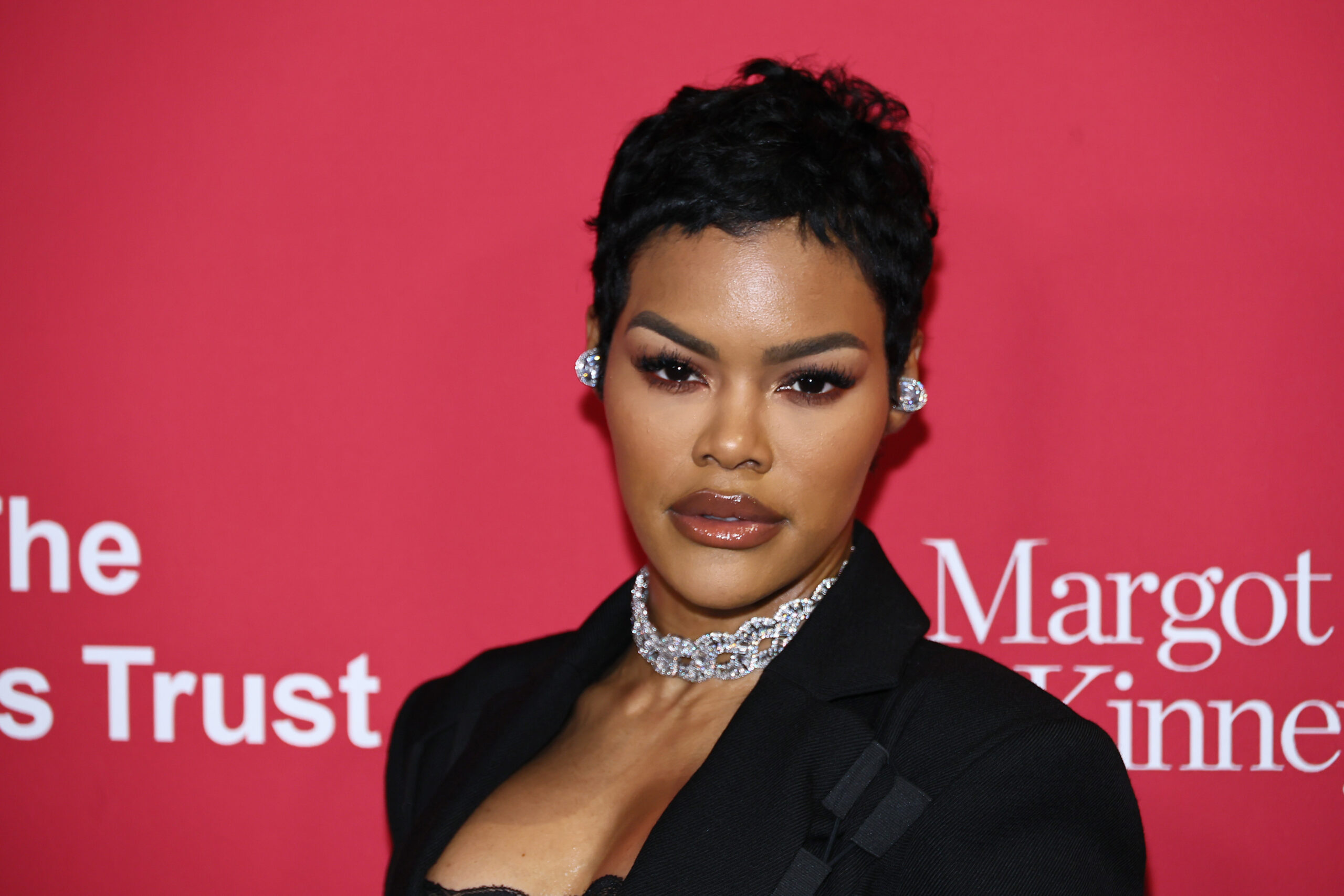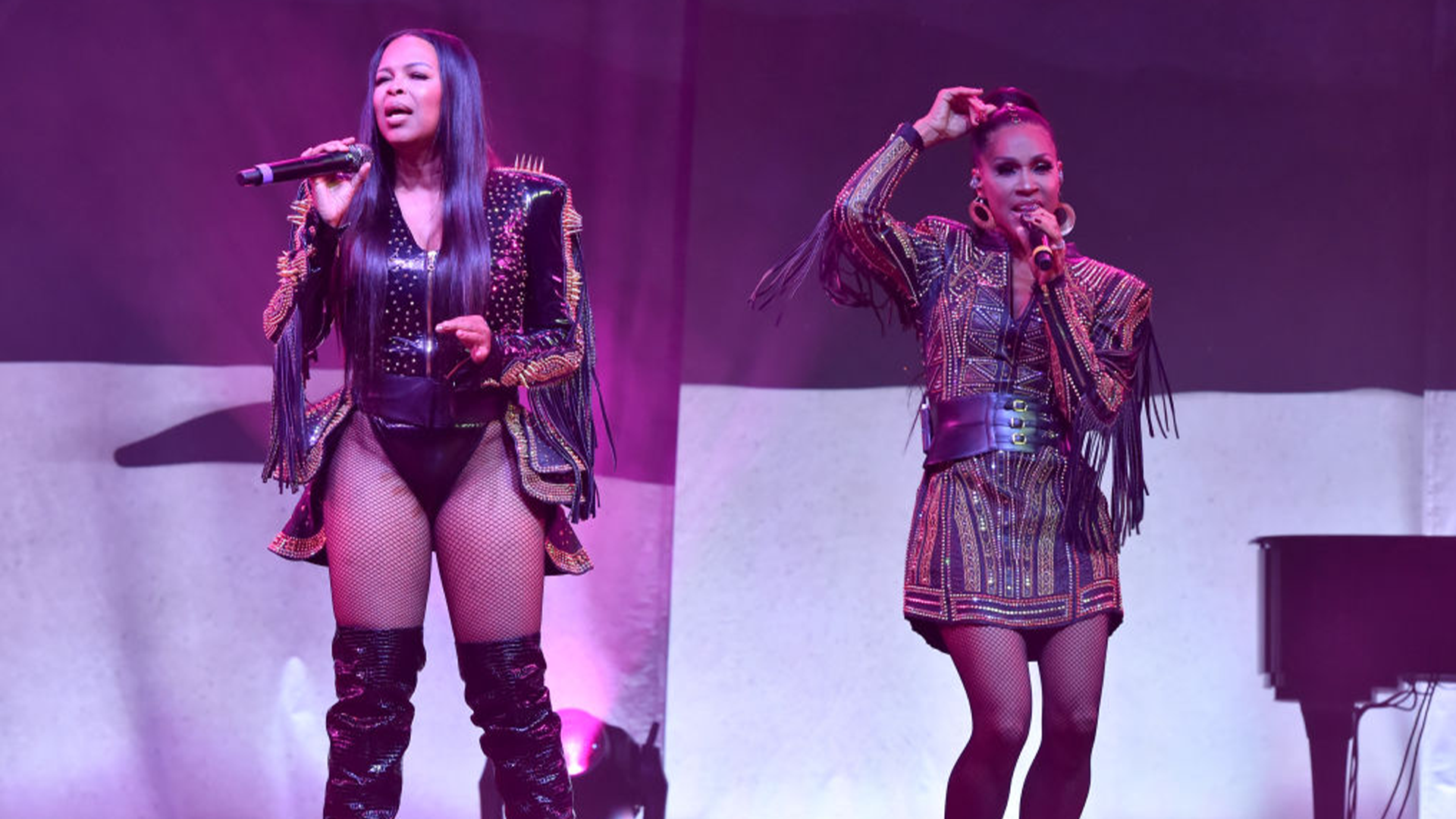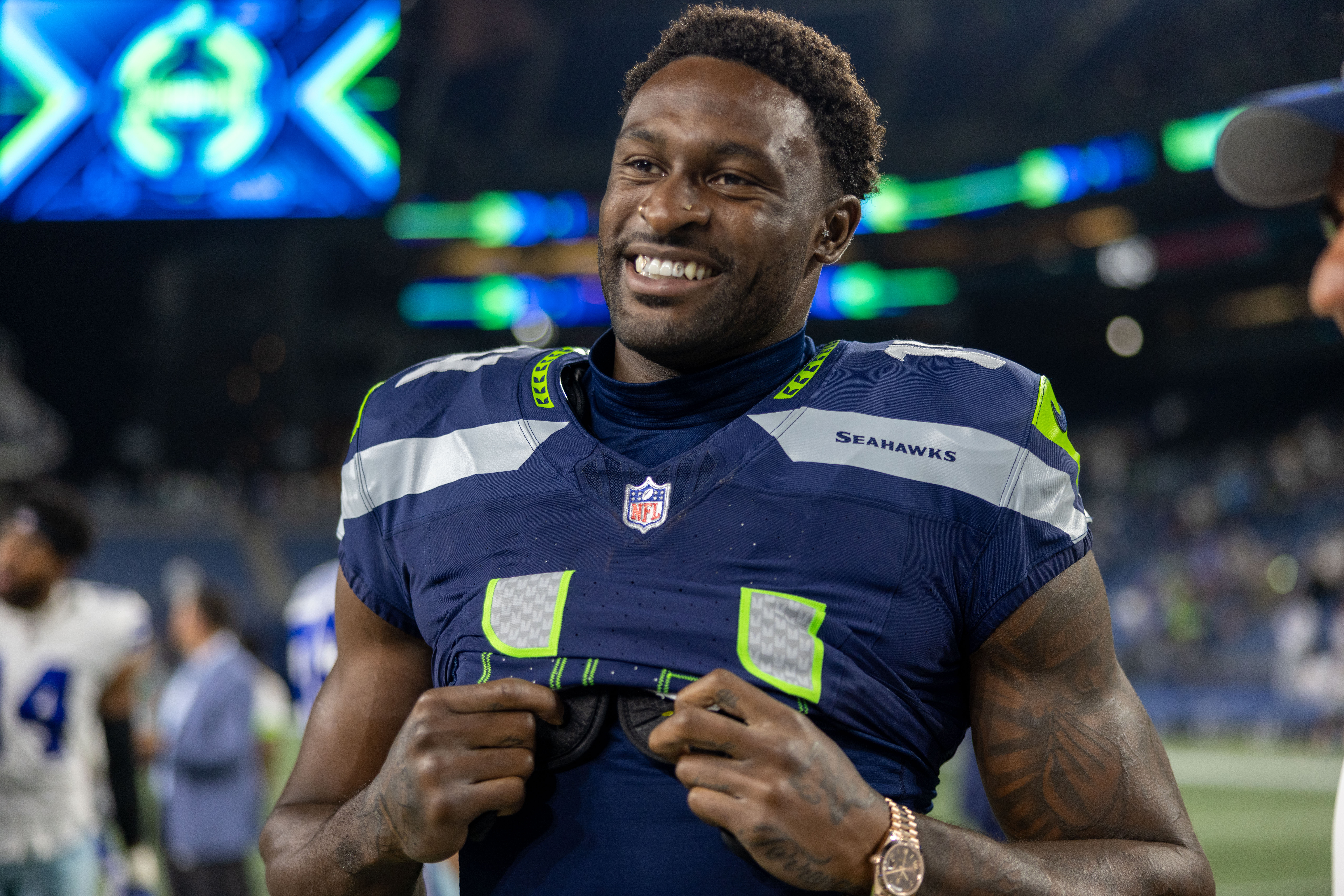What wasn’t clear before is crystal clear now: Disney has made its move. For years, the “House of Mouse” danced around the edges of diversity, equity, and inclusion (DEI) conversations — sometimes boldly stepping in, other times retreating into the shadows when the heat got too intense. According to a previous AFROTECH™ report, Disney maintained an ambiguous stance on DEI, especially as other corporate giants began rolling back their diversity commitments. But that fog has lifted. Now, people know exactly where Disney stands in the thick of America’s ongoing cultural tug-of-war.
Disney’s Shift Toward Business-Driven DEI Initiatives
In a memo obtained by Axios, Chief Human Resources Officer Sonia Coleman shared Disney’s new game plan with employees: DEI efforts will no longer be treated as stand-alone social good projects. Instead, they’re being rebranded to focus squarely on driving business outcomes. Translation? Diversity isn’t just about optics anymore — it’s about the bottom line.
One of the most significant shifts involves executive compensation. Gone are the days when leaders were evaluated strictly on “Diversity & Inclusion” metrics. Now, Disney is replacing it with a new “Talent Strategy,” which blends some of the old DEI priorities with a sharper focus on how company values fuel business success. It’s less about checking boxes and more about showing receipts — how does diversity actually move the needle?
Disney’s approach to its content is also getting a makeover. Remember those disclaimers that popped up before classics like “Dumbo” and “Peter Pan,” warning about outdated and offensive stereotypes? Those messages aren’t disappearing entirely, but they’re being tucked away in the details section, with language softened to: “This program is presented as originally created and may contain stereotypes or negative depictions.” It’s a subtle shift but one that speaks volumes about how Disney is taking the edge off its approach — thus trying to balance accountability with keeping audiences comfortable.
And then there’s the retirement of the Reimagine Tomorrow initiative, once Disney’s flagship program for amplifying underrepresented voices. It’s been replaced with a more generic corporate hub, signaling a move to weave DEI efforts into the company’s broader brand rather than spotlighting them as separate campaigns. Even employee groups are getting a facelift, with “Business Employee Resource Groups” now rebranded as “Belonging Employee Resource Groups.” The vibe? Less corporate checklist, more “let’s make this feel like home.”
The Political And Business Factors Behind The Shift
Disney’s shift comes against the backdrop of some serious political drama, per Axios. The company’s high-profile showdown with Florida Governor Ron DeSantis over the “Don’t Say Gay” bill turned Disney from an entertainment juggernaut into a political warrior overnight. That battle spotlighted how tricky it is for corporations to play in the DEI space without getting caught in the crossfire.
Enter Bob Iger. Since reclaiming the CEO seat in 2022, Iger has been on a mission to steer Disney back to what he calls its “core values.”
At the 2023 shareholders meeting, he made it plain: “Our primary mission needs to be to entertain, and then through our entertainment to continue to have a positive impact on the world. I’m very serious about that. It should not be agenda-driven, it should be entertainment-driven.”
And so far, the strategy seems to be working. According to the Axios Harris 100 brand reputation poll, Disney’s popularity has bounced back among conservative audiences. Meanwhile, box office hits like “Inside Out 2” and “Moana 2” in 2024 prove that staying laser-focused on family-friendly content is still a winning formula. It turns out that strategic neutrality can be pretty profitable.
The Future Of Disney’s DEI Strategy
So, where does this leave Disney’s DEI future? It’s complicated. On the surface, the company is still saying all the right things about inclusion and belonging. But dig a little deeper, and it’s clear that DEI has been rebranded from a bold moral stance to a strategic business asset.
The big question is: Can diversity thrive when it’s treated as just another line item on a corporate spreadsheet? Disney seems to think so, betting that embedding DEI into its broader business goals will create a lasting impact without stirring the political pot. But for many, this shift could signal concerns about what gets lost when the loudest voices are the ones worried about shareholder returns instead of social progress.
At the end of the day, Disney’s evolution is more than just a corporate pivot. It’s a reflection of the current state of America itself — particularly under the Trump administration. Whether the Magic Kingdom can pull off this balancing act remains to be seen, but one thing’s for sure: The story is far from over.
